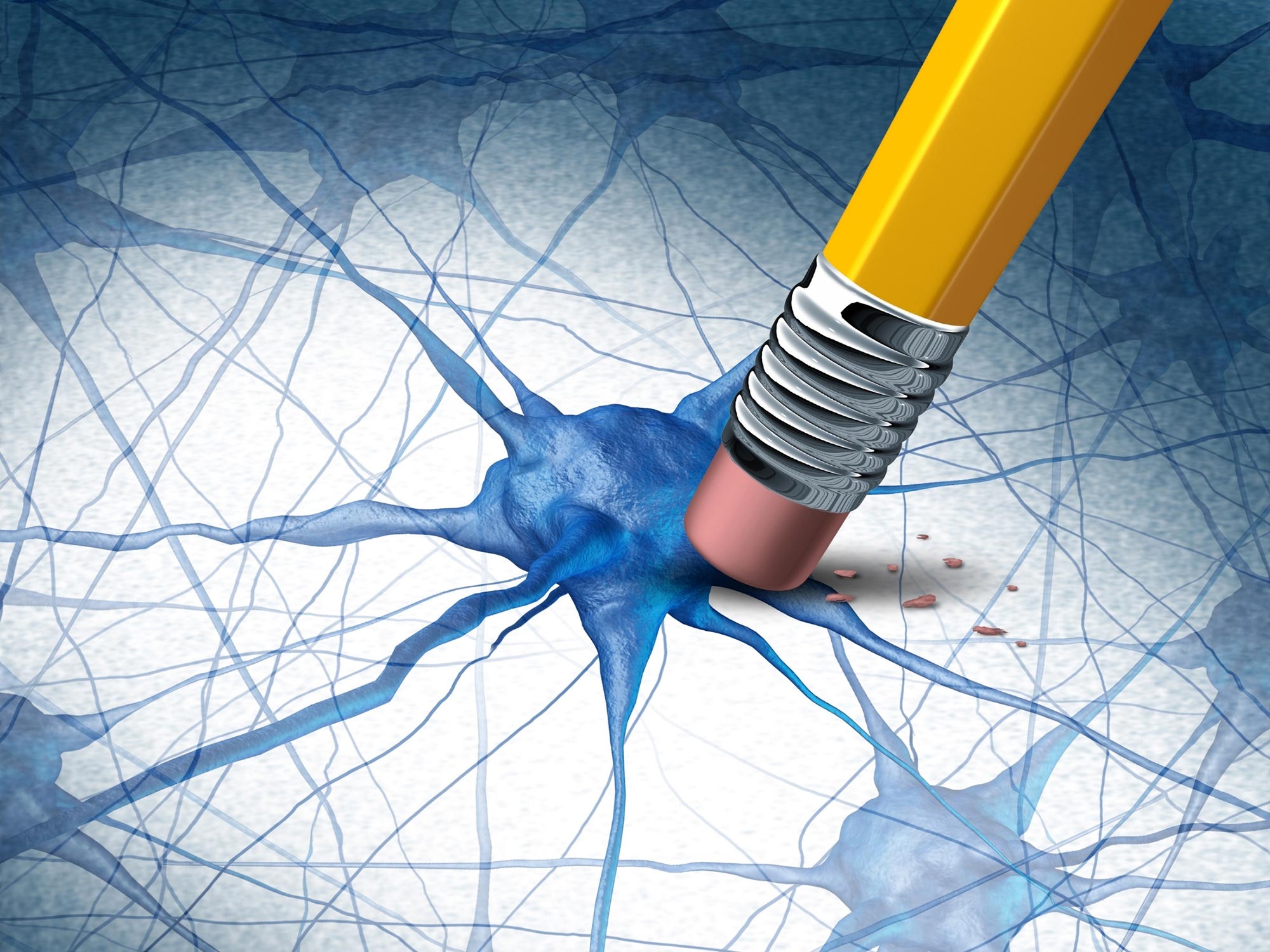Outsmart Aging: 17 Life Hacks That Could Shield Your Brain from Cognitive Decline

Groundbreaking research confirms the potential of innovative cognitive health assessment tools in combating age-related brain disorders. A comprehensive systematic review has provided compelling evidence supporting advanced screening methods like the Brain Care Score, which offers promising insights into preventing and mitigating neurological challenges that commonly affect older adults.
As individuals age, the risk of neurological conditions such as stroke, dementia, and late-life depression increases significantly. These brain diseases can dramatically diminish quality of life, making early detection and proactive management crucial. The latest research highlights the importance of sophisticated diagnostic tools that can help healthcare professionals identify potential risks and develop targeted intervention strategies.
The Brain Care Score emerges as a particularly promising approach, offering a comprehensive method to assess and predict brain health risks. By providing a nuanced understanding of an individual's neurological well-being, such tools empower both patients and medical professionals to take proactive steps in maintaining cognitive function and preventing age-related brain disorders.
